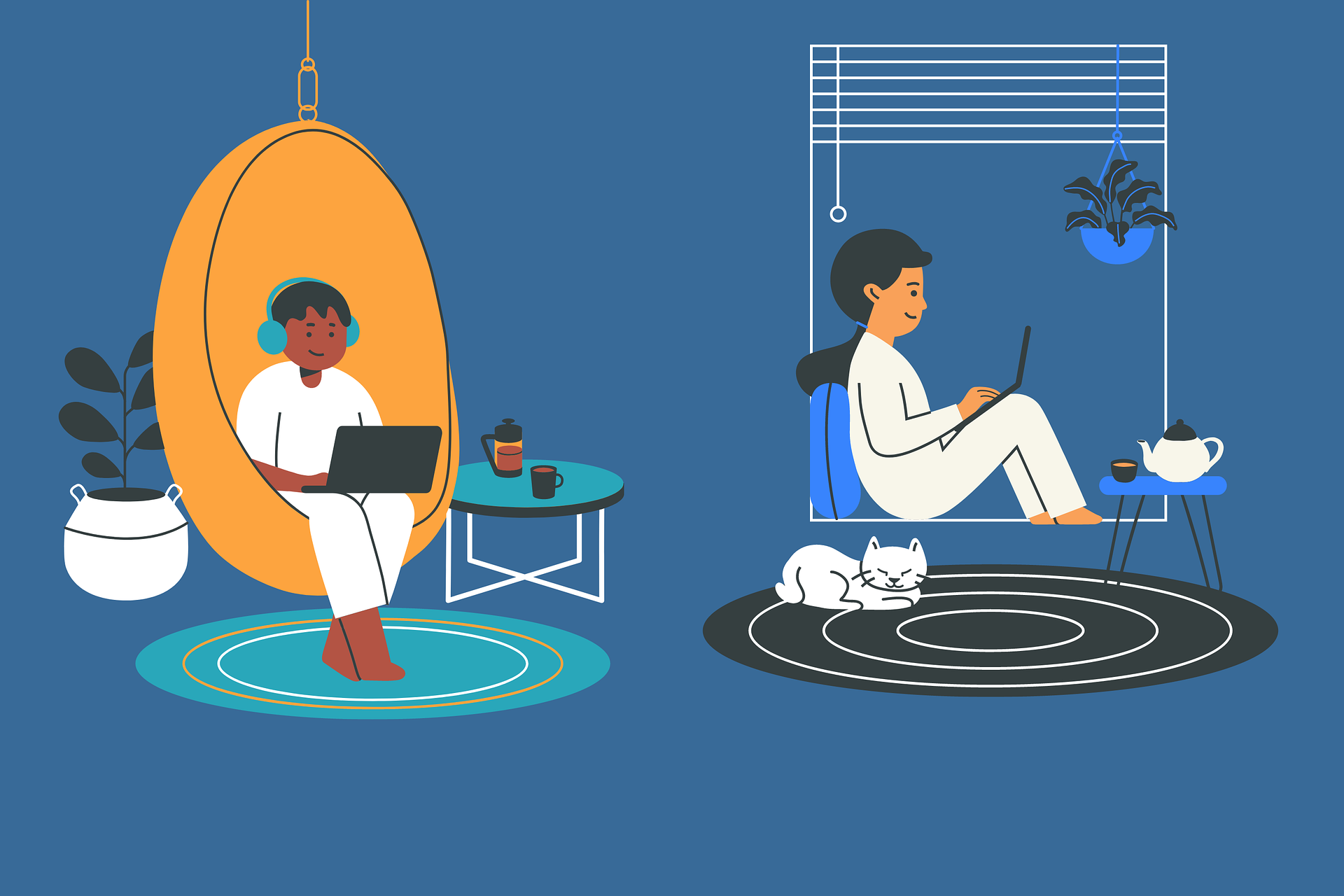As a parent, I’m used to seeing my children glued to screens of various sizes, talking to their friends, playing games, and learning in an increasingly digital world.
The internet offers up a world of opportunity, but it isn’t without risk. As more children and young people get online, it’s important that we’re skilled up on how to keep them safe.
Last year, a groundbreaking report called ‘Disrupting Harm’ played a key role in helping us understand the online risks facing children in Ethiopia.
The UNICEF-supported research found that young people were engaging in a number of risky online activities including sending personal information – such as full name, address, or phone number – to someone online whom they have never met in person, meeting in person someone whom they first knew online but was unknown to them in the offline world, and sending a sexual image or video of themselves to someone on the internet.
Some of the most alarming analysis found that 10% of internet-users aged 12–17 in Ethiopia were victims of grave instances of online sexual exploitation and abuse, including having their sexual images shared without permission, and coercion into sexual activities through blackmail or promises of money or gifts.
Despite an explosion in internet-use amongst young people, adults are still playing catch-up. The report showed that 80% of caregivers had never gone online.
To protect children from harm, one reaction is to restrict our children’s internet use. Although this approach might reduce children’s immediate exposure to online risks, it also harms their digital skills and familiarity with the online environment. Instead, being involved and supportive of a child’s internet use helps reduce risk and makes it more likely for children to ask for help.
Caregivers can help their children stay safe online by:
- Talking to children regularly about their online activities and interactions;
- Knowing what children are doing online, who they are interacting with, and what platforms, apps, or games they are using;
- Creating an environment that makes it easy for children to approach them when they encounter or experience something online that makes them uncomfortable;
- Understanding app settings, including privacy settings so they can guide their children on how to navigate them safely; and
- being aware of reporting mechanisms and supporting children to report if something goes wrong online.
Keeping children safe in the online environment can’t just be down to children and their families.
Government ministries and departments, law enforcement, civil society organizations, and internet service providers all have a role to play.
The government has a responsibility to educate the public on the threats children face online, as well as ensure there are accessible reporting mechanisms and support services for victims. Law enforcement agencies have a responsibility to ensure child victims can safely and anonymously report and access justice once these crimes are reported. Internet service providers must support law enforcement agencies in securing evidence as well as meeting global and regional commitments for the mobile phone industry to block and takedown child abusive content in their networks. Civil society organizations have a responsibility of collaborating with and supporting government agencies in their efforts to create awareness and to offer support services to child victims of online crimes.
Together, we must ensure children are safe online so that their ability for learning, exploring, being creative, and connecting with others is not hindered and they can reach their full potential.
By Aboubacar Kampo, UNICEF Representative in Ethiopia
Note by 2merkato: this article was sent to us by UNICEF Ethiopia Office. Even though it's not directly related with business, we've published it because of the importance of creating awareness to ensure online safety for children in Ethiopia.




